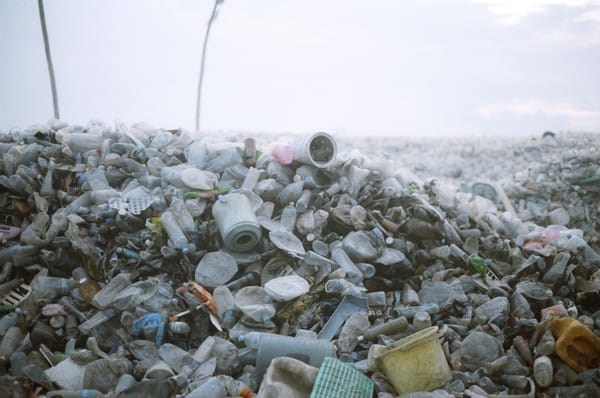The latest round of controversy to engulf the environmental lawyer, activist, and Democratic presidential candidate Robert F. Kennedy, Jr. was provoked by his speculation that Covid-19 could have been an ethnically targeted bioweapon. But not long before that, Kennedy was in hot water over another of the crankish-sounding assertions for which he is notorious: that endocrine-disrupting chemicals found in plastics and pesticides may be playing a role in the recent rise in “gender and sexual confusion” among young people. In a June 5 interview with Jordan Peterson, he stated: “I think a lot of the problems we see in kids—and particularly boys—it’s probably under-appreciated how much of that is coming from chemical exposures, including a lot of the sexual dysphoria that we’re seeing.” Children, he went on, are “swimming through a soup of toxic chemicals today and many of those are endocrine disruptors.”
YouTube took down the Peterson interview, and both liberal and conservative outlets published takedowns in which a slew of “experts” were brought in to counter Kennedy’s claims. However, the chemical-gender theory is more of an open question than this response suggests. Although published research on the subject remains scant, credible scientists have stated that it deserves investigation. More surprisingly, while the mainstream LGBT movement vehemently rejects the idea as stigmatizing, some academic queer theorists have enthusiastically embraced it.
Even dismissive media accounts of the controversy offered some indication that the matter is more complex than the outlets wanted readers to think. Axios’s report describes the chemical-gender theory as “fringe” and a “conspiracy theory” but goes on to quote Shanna H. Swan, a leading reproductive epidemiologist at Mount Sinai Hospital, who states that she “doesn’t rule out the potential for [endocrine disruptors] having some gender impact,” although the “link between the chemicals and human gender is highly uncertain.” For that matter, even Tyrone Hayes, a pesticide researcher who denounced Kennedy after the latter cited his research, acknowledges that “chemical impacts on gender identity have not been researched.”
Swan, a professor at a top medical school and a renowned researcher on environmental influences on reproduction, is by any estimate an expert on the subject, and her published writings accord, at minimum, with a clarifying restatement of Kennedy’s views issued by a spokesperson: “Given copious research on the effects on other vertebrates, this possibility deserves further research.” In her 2020 book, Countdown, mostly devoted to documenting the effects of chemicals on sperm counts, Swan elaborates her position in a chapter titled “Gender Fluidity.” While noting a paucity of research, she identifies studies that seem to show a correlation between high levels of exposure to endocrine-disrupting chemicals in utero and observed behavioral changes among children (girls engaging in more “masculine” play and vice versa). Moreover, Swan makes clear that it is simply bizarre to dismiss a priori, as several media outlets did in response to Kennedy, the hypothesis that chemical effects widely observed in nonhuman species—including reduced fertility, ambiguous genitalia, and altered sexual behavior (as with Alex Jones’s “gay frogs”)—may also be occurring in humans; after all, a vast body of laboratory research on animals assumes at least some common effects across species.
